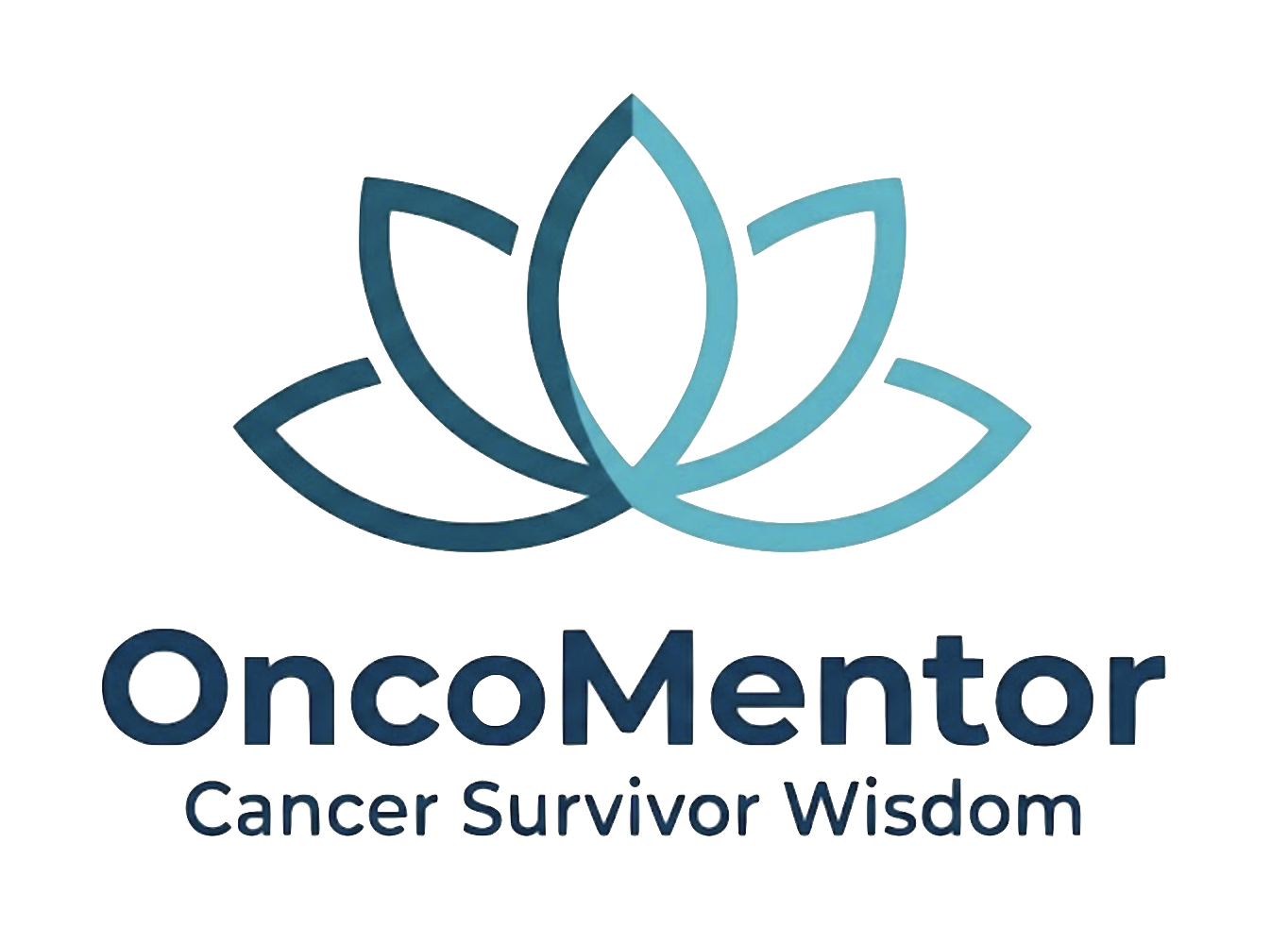As Mark Twain might have said, "The reports of my death have been greatly exaggerated." For a colon cancer survivor, no truer words have been spoken. Ringing the bell at the end of treatment isn't an ending; it's the thunderous start of a second act, a new chapter where you are unequivocally the protagonist. This period, what the experts call a "teachable moment," is a powerful opportunity to seize the reins of your own health. But in a world overflowing with nutritional noise—eat this, don't eat that—it’s easy to feel like you’re navigating a dense fog without a compass. The good news? A clear path exists, one illuminated not by fads or fables, but by a remarkable consensus among the world's leading cancer experts. This isn't about a single miracle food; it's about adopting a lifestyle that transforms your body's internal landscape into an environment where cancer finds it profoundly difficult to thrive.
Let's begin with the blueprint. Imagine the foremost cancer authorities—the American Cancer Society and the World Cancer Research Fund—sitting down to compare notes. After sifting through mountains of evidence, they’ve arrived at a stunningly consistent set of recommendations. It’s a holistic pattern for living that boils down to a few powerful principles: maintain a healthy weight, keep your body in motion, and—most importantly—build your diet around whole, plant-based foods. Think vibrant vegetables, fruits, hearty whole grains like oats and brown rice, and legumes like beans and lentils. Just as crucial is what this approach minimizes: red and processed meats, sugary drinks, and alcohol. This isn't just a handful of nice suggestions; it is a scientifically validated strategy with a measurable impact. Landmark research on stage III colon cancer survivors showed that those who followed these guidelines most closely cut their risk of death by an astonishing 49% and their risk of recurrence by 42%. It’s a powerful testament that your daily choices are not small things; they are the very architects of your future.
At the heart of this blueprint is a powerful shift in perspective: making plant foods the star of your plate. A whole-food, plant-based diet isn't about deprivation; it’s about abundance. It’s a dynamic strategy that simultaneously removes the things that can encourage cancer growth while flooding your system with a legion of protective compounds. Every colorful fruit and vegetable is packed with thousands of natural bioactive compounds called phytochemicals. These are the unsung heroes of your diet, acting as antioxidants to protect your cells from damage and as potent anti-inflammatory agents to quell the chronic, low-grade inflammation that can fuel cancer's embers. Some, like the sulforaphane found in broccoli, can even activate your body's own detoxification systems.
Furthermore, this way of eating addresses a crucial growth signal in the body, a hormone called Insulin-like Growth Factor 1 (IGF-1). High levels of IGF-1 act like an accelerator pedal for cell growth, including cancer cells. Research has clearly shown that animal protein tends to push this pedal down, while a diet centered on whole plant foods eases off the gas, creating a less hospitable environment for cancer to take hold. By its very nature, this dietary pattern also eliminates known troublemakers, such as the heme iron in red meat and the carcinogenic compounds created when meats are processed or cooked at high temperatures. In essence, you are performing a biological renovation, fundamentally remodeling your internal milieu to one that actively supports health and suppresses disease.
If there is one non-negotiable superstar in this nutritional story, it is dietary fiber. For too long, fiber has been relegated to the boring role of "roughage." In reality, it is the master key to a healthy colon and a powerful tool for survival. Large-scale studies have drawn a direct, dose-dependent line between fiber intake and survival rates for colon cancer survivors. For every five-gram increase in daily fiber, there is a significant drop in mortality. The most protective type appears to be cereal fiber from whole grains, which has been linked to a remarkable 33% lower risk of dying from colorectal cancer.
The true magic of fiber, however, lies in its relationship with the trillions of microbes living in your gut—your microbiome. Think of your gut as a vast, complex inner garden. The food you eat determines what grows there. A diet low in fiber is like a drought, starving the beneficial microbes that protect you. But when you eat a diet rich in fiber from a variety of plant sources, you are providing the perfect fertilizer for a flourishing ecosystem. This is where the science becomes truly elegant. These well-fed, beneficial bacteria take the fiber you eat and ferment it, producing a bounty of compounds called short-chain fatty acids (SCFAs).
The most important of these is butyrate, a molecule with a unique set of superpowers. In a stunning paradox of nature, butyrate serves as the primary fuel source for your healthy colon cells, keeping them strong and the gut lining intact. At the same time, it is toxic to colorectal cancer cells, actively inhibiting their growth and triggering their self-destruction. This means that with every meal rich in whole grains, beans, and vegetables, you are not just feeding yourself; you are commissioning your own internal, microscopic factory to produce targeted anti-cancer molecules directly at the site where they are needed most. This is a level of empowerment that no pill can replicate; you are quite literally cultivating a garden of defense within your own body.
Navigating this new path requires practical know-how, especially when managing the lingering side effects of treatment. The transition should be gradual. You don’t need to become a vegan overnight. Start by simply "crowding out" less healthy options—add an extra vegetable to your dinner, swap white bread for whole wheat. Then, begin making "smart swaps," like trying a lentil soup instead of a beef stew. A helpful model is the "New American Plate," where at least two-thirds of your plate is filled with plant foods, leaving a smaller portion for lean protein if you choose.
If treatment has left you with a sensitive gut, introduce fiber slowly and drink plenty of water. Cooked vegetables are often easier to digest than raw ones, and focusing on soluble fiber from oats and bananas can help with diarrhea, while a gradual increase of all fiber types can alleviate constipation. Remember that this journey is yours, and the goal is sustainable change, not perfection. By adopting this plant-predominant, high-fiber way of eating, you are not just surviving; you are actively investing in a future of vitality. You are taking the wisdom of rigorous scientific research and translating it into a daily practice of self-care and resilience, building a robust foundation for a long, vibrant, and thriving life.
This article is for informational purposes only and does not constitute medical advice. The content is not intended to be a substitute for professional medical advice, diagnosis, or treatment. Always seek the advice of your physician or another qualified health provider with any questions you may have regarding a medical condition. Never disregard professional medical advice or delay in seeking it because of something you have read in this article.





